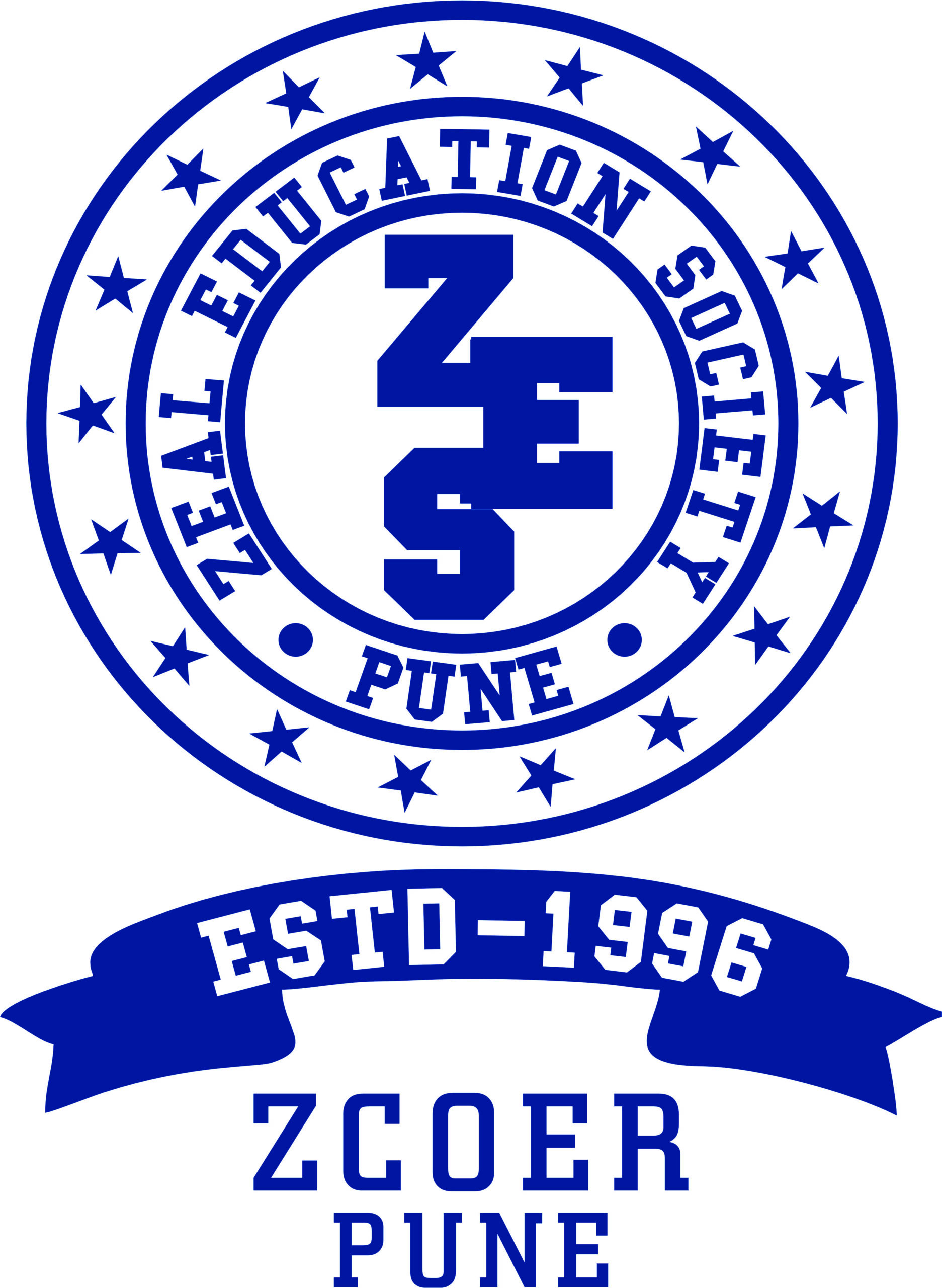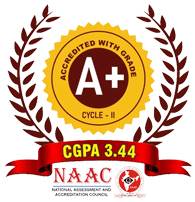Computer Engineering
- Computer Engineering
- About Department
- From HOD Desk
- Vision & Mission
- PEO & PSO, PO & CO
- Autonomy Constitution
- Faculty Profile
- Lab Facilities
- Innovations in Teaching – Learning
- Research & Publication
- Skill Development
- Faculty Achievement
- Students Achievement
- Student Association
- Placement and Internship
- Center of Excellence
- Life @ Computer
- Downloads
- Newsletters
Program Educational Objectives ( PEO’s)
PEO1: Graduates will apply knowledge of computer engineering to solve complex engineering problems, propose algorithmic solutions, thus establishing themselves as successful IT professional.
PEO2: Graduates will exhibit leadership qualities and innovative thinking, contributing to the development of cutting-edge solutions and career advancements in the field of computer engineering through research, collaborative teamwork and entrepreneurial initiatives
PEO3: Graduates will maintain ethics, meet societal duties, and pursue life-long learning to stay updated and contribute meaningfully to their field and the society
Program Specific Outcomes ( PSO’s)
PSO1: Professional Skills – The ability to understand, analyze and develop computer programs in the areas related to algorithms, system software, multimedia, web design, big data analytics, and networking for efficient design of computer-based systems of varying complexities.
PSO2: Problem-Solving Skills – The ability to apply standard practices and strategies in software project development using open ended programming environments to deliver a quality product for business success.
PSO3: Successful Career and Entrepreneurship – The ability to employ modern computer languages, environments and platforms in creating innovative career paths to be an entrepreneur and to have a zest for higher studies.
Program Outcomes (POs)
PO1 : Engineering knowledge: Apply the knowledge of mathematics, science, engineering fundamentals and an engineering specialization to the solution of complex engineering problems
PO2 : Problem analysis: Identify, formulate, review research literature, and analyze complex engineering problems reaching substantiated conclusions using first principles of mathematics, natural sciences and engineering sciences.
PO3 : Design/development of solutions: Design solutions for complex engineering problems and design system components or processes that meet the specified needs with appropriate consideration for the public health and safety, and the cultural, societal and environmental considerations.
PO4 : Conduct investigations of complex problems: Use research-based knowledge and research methods including design of experiments, analysis and interpretation of data and synthesis of the information to provide valid conclusions.
PO5 : Modern tool usage: Create, select, and apply appropriate techniques, resources, and modern engineering and IT tools including prediction and modeling to complex engineering activities with an understanding of the limitations.
PO6 : The engineer and society: Apply reasoning informed by the contextual knowledge to assess societal, health, safety, legal and cultural issues and the consequent responsibilities relevant to the professional engineering practice.
PO7 : Environment and sustainability: Understand the impact of the professional engineering solutions in societal and environmental contexts, and demonstrate the knowledge of, and need for sustainable development.
PO8 : Ethics: Apply ethical principles and commit to professional ethics and responsibilities and norms of the engineering practice.
PO9 : Individual and team work: Function effectively as an individual and as a member or leader in diverse teams, and in multidisciplinary settings.
PO10 : Communication: Demonstrate knowledge and understanding of the engineering and management principles and apply these to one’s own work, as a member and leader in a team, to manage projects and in multidisciplinary environments.
PO11 : Project management and finance: Demonstrate knowledge and understanding of the engineering and management principles and apply these to one’s own work, as a member and leader in a team, to manage projects and in multidisciplinary environments.
PO12 : Life-long learning: Recognize the need for, and have the preparation and ability to engage in independent and life-long learning in the broadest context of technological change
Course Outcomes (COs)
| 1. | SE Computer |
| 2. | TE Computer |
| 3. | BE Computer |

